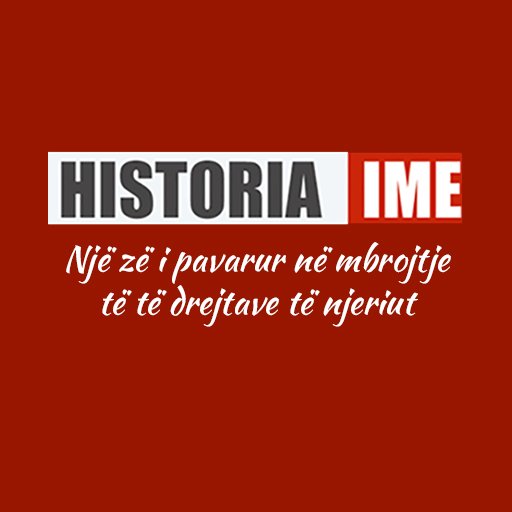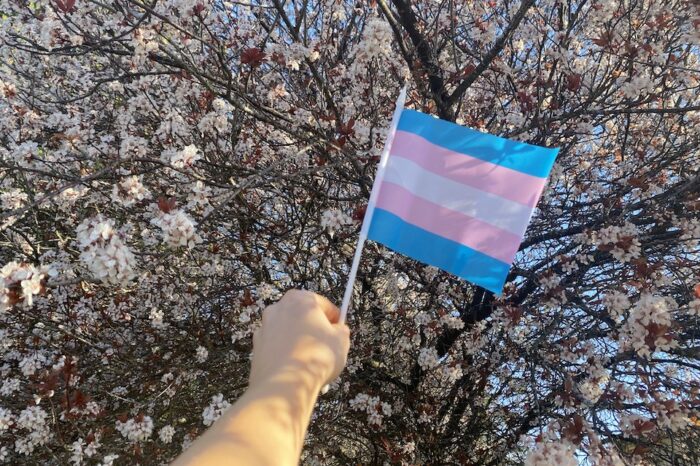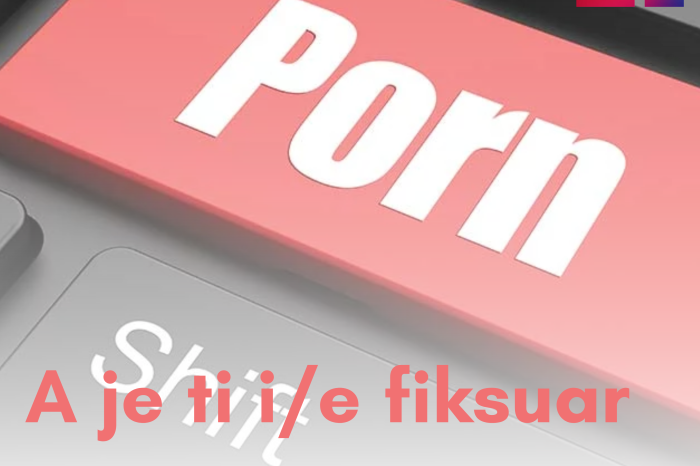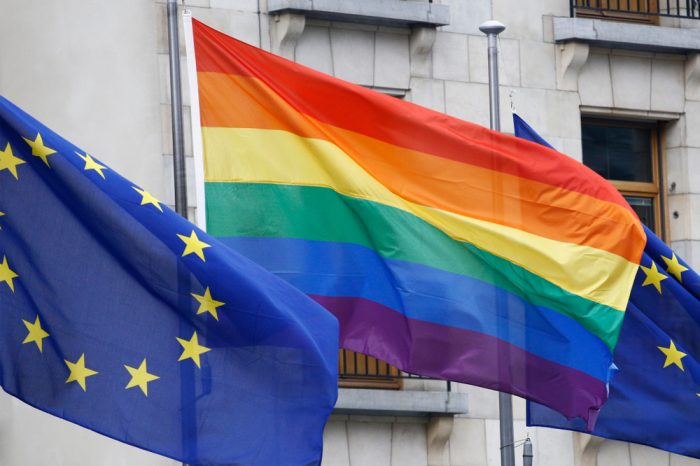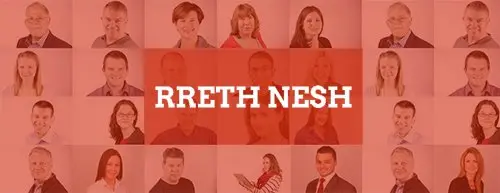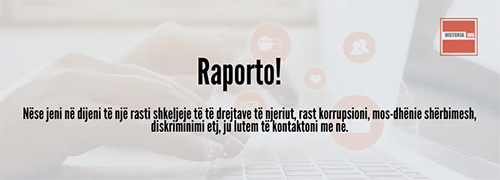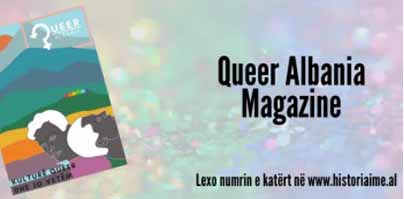This study, which aims to identify the consequences of the Covid-19 pandemic among the LGBTI community, led by the LGBTI Alliance, was conducted online through a survey completed by 228 individuals self-identified as members of the LGBTI community, as well as through the realization of various focus- groups.
The sample makes this the largest study ever conducted in Albania for the LGBTI community.
The questionnaire was published on social networks during the month of June. The answers include evidence of the consequences the pandemic has had on LGBTI people since March, when a state of emergency was declared at the national level. The questionnaire investigates vital areas such as the economy, employment, housing and security, as well as the LGBTI community’s ability to meet basic needs during the pandemic.
The results show that 47 percent of the LGBTI community are unemployed. This figure is notably higher than the figure of a preliminary World Bank study which confirmed that 38 percent of Albanians lost their jobs during the pandemic. One of the main reasons why the unemployment rate among the LGBTI community is higher than the unemployment rate of the general population in Albania, relates with the fact that the LGBTI community already suffered from a high number of systemic unemployment since before the declaration of the state of emergency. Although it has not been the aim of this study, LGBTI organizations have long identified discrimination, bullying, and the exclusion of the LGBTI community from the education system as one of the main reasons for the high unemployment rate.
30 percent of the LGBTI community has endured this crisis thanks to family support, but only 1.7 percent of them have overcome the crisis thanks to state support, despite the fact that 22 percent of them have received the war salary.
60 percent of LGBTI people say they have succeeded on their own, an encouraging figure that confirms the high level of resilience among the LGBTI community.
Focus groups developed with community members also stressed the importance of psychological and economic support for each other, turning solidarity between them into a key factor in addressing the pandemic.
Psychological counseling and food packages have been the basic needs of the LGBTI community during this time of the pandemic, a fact that gives to this reality the dimensions of an existential crisis.
The transgender community in Albania finds it very difficult to be employed, almost impossible, a fact that confirms once again that, unfortunately, even within the LGBTI community itself there is a hierarchy of marginalization, where the transgender community, which at the same time challenges more critical norms and gender stereotypes of Albanian society, remains the most discriminated.
Involvement in sex work is seen as the only way to survive by many members of the transgender community.
However, during the pandemic, some of them found it impossible to work as sex workers and as a result lost their income, necessary to meet basic needs such as food, shelter, medicine.
Even in terms of housing, the situation seems extremely difficult. It has been found that 1 in 4 LGBTI people (or 25 percent of them) are unable to provide housing.
This forces them to return to their families, a phenomenon similar in many parts of the world, a phenomenon that sociologists have called the “boomerang generation effect”.
Returning to the family in cases where the family has been aware of the sexual orientation of their children, has been followed by conflict, psychological, and physical violence.
The number of chronic diseases seems worrying. Despite their young age (graphs below) about 11.5 percent of LGBTIs who participated in this study report suffering from chronic illness. Given this difficult socio-economic situation, the LGBTI Alliance and the LGBTI Shelter took immediate action to help LGBTI people who were hit the hardest by the aftermath of the Covid-19 pandemic.
From March to September, the Alliance and the Shelter supported about 117 LGBTI people with 624 food packages. About 16 members of the LGBTI community took refuge in the LGBTI Shelter service during the period May-August (824 nights).
The Alliance and Shelter have supported through rent reimbursement 28 members of the LGBTI community (52 rents). A special focus has been paid to the health of the most vulnerable, it is why the LGBT Alliance and the LGBT Shelter have supported with medication 25 members of the LGBTI community, and 23 members of the community have received services in health centers through the mediation of organizations. During this period, 342 people were tested for sexually transmitted diseases at the LGBTI Alliance, and 473 people received counseling about STDs.
The full report you can find by clicking below:
